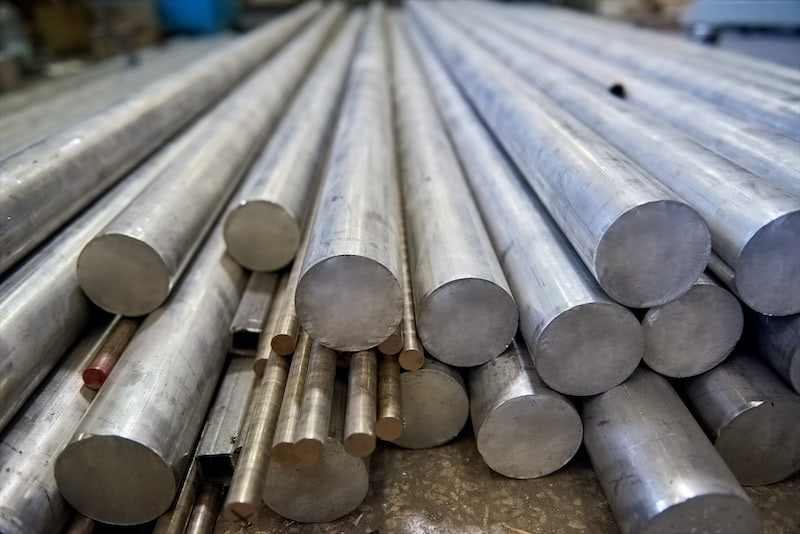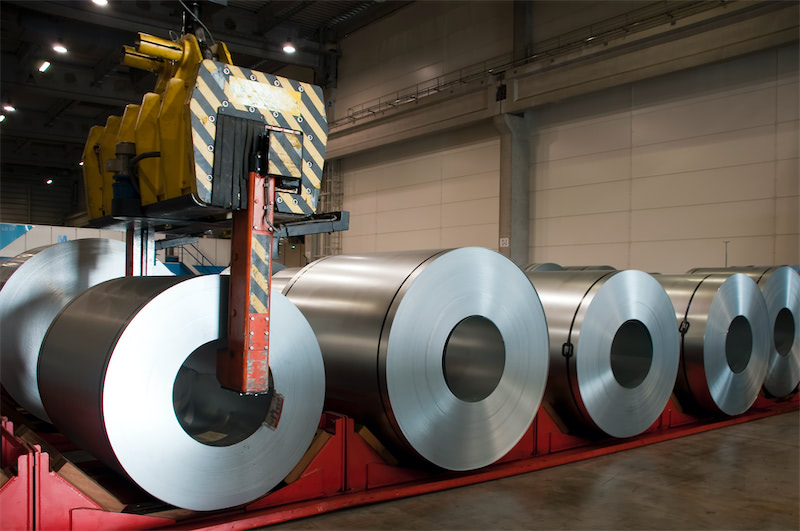SHANGHAI, Jan 12 (SMM) - On January 11, the China Coal Transportation and Distribution Association issued a proposal on ensuring coal supply during the Chinese New Year holiday, which boosted the coal sector. As of 13:45 Beijing time the same time, the sector rose by 3.73%, leading all sectors.
On the news front, the China Coal Transportation and Distribution Association and the China National Coal Association recently both issued proposals on ensuring coal supply during the holiday, calling for sufficient supply of thermal coal and emergency preparedness. The coal transportation and marketing departments are advised to raise the awareness of securing adequate supply and price stability of thermal coal, and give priority to delivering the long-term thermal coal contracts. At the same time, they shall keep abreast of the needs and inventory levels of downstream users, pay close attention to changes in the market, actively maintain the order in the coal market, and secure enough supply to meet the national emergency demand.
In recent years, the state has repeatedly called for sufficient supply and stable prices, which has played an important role in guaranteeing the normal performance of the coal market and price stability.
But it is worth noting that Chinese steel companies have recently begun to resume importing coal from Australia, and the first batch of Australian coal is expected to arrive in late February. Will Australian coal imports have an impact on the domestic coal market?
SMM believes that the first batch of Australian coal arriving China after the CNY holiday will be only about 500,000 mt. As far as the small amount of import volume is concerned, its impact on the domestic coal market is limited or even negligible.
However, it should be noted the potential impacts of Australian coal imports in the long run will be huge. If the domestic coal supply increases with a large number of Australian coal imports in the future, the coal prices will face downward pressure.
Specifically, the increase in domestic coal supply due to Australian coal arrivals may affect the distribution of mining shares. That is, it may cause the domestic coal output to decline but stimulate an increase in coking coal production. At the same time, when the domestic coal prices drop along with the increase in supply, low-quality coking coal will be less preferred to be used as coal, which will also lead to an increase in coking coal production.
Naturally, the ample supply of coking coal will inevitably precipitate a decline in its price, thereby weakening the cost support of coke. In this case, coke prices are expected to go down. Generally speaking, the coal market will remain stable under state regulation. The demand for coal during the heating season in winter is strong now, so the imports of Australian coal will not have an immediate impact on the domestic coal market. But, if the Australian coal imports keep rising, then it is necessary to keep an eye on the impact of supply surplus on the market and the industrial chain.
![Before the holiday, the black chain is unlikely to see a trend-driven market [SMM Steel Industry Chain Weekly Report].](https://imgqn.smm.cn/usercenter/zUFfM20251217171748.jpg)

![[SMM Chromium Daily Review] Inquiries and Transactions Weakened, Chromium Market Showed Mediocre Performance Before the Holiday](https://imgqn.smm.cn/usercenter/ENDOs20251217171718.jpg)
